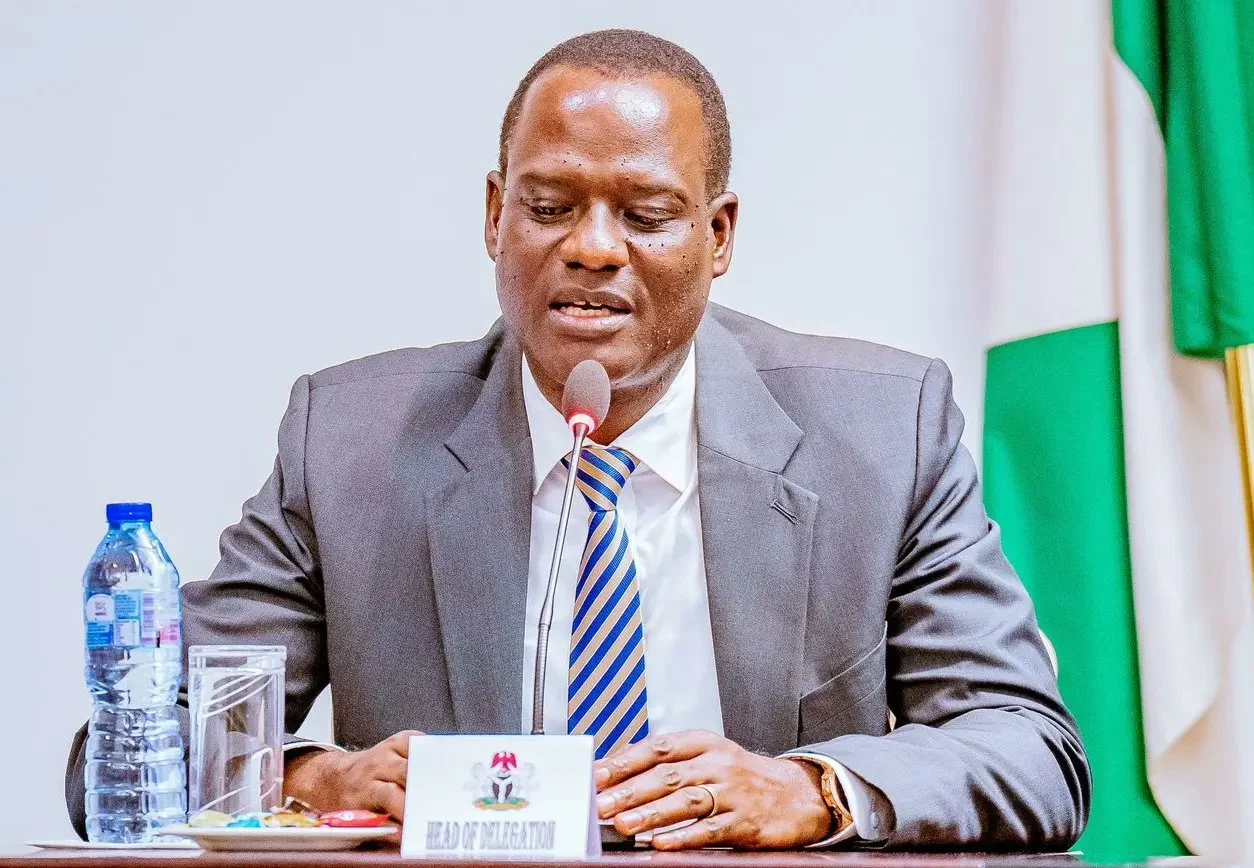
In a recent interview on Channels Television’s Politics Today, Taiwo Oyedele, Chairman of the Presidential Committee on Fiscal Policy and Tax Reforms, offered a candid assessment of Nigeria’s economic situation. He acknowledged that the country is currently poor, but emphasized that it has the potential to become wealthy.
Oyedele’s remarks were accompanied by a call to action, as he urged policymakers to implement meaningful tax reforms to address the country’s revenue challenges.
Oyedele’s comparison of Nigeria’s budget to that of other countries and cities provided a stark reminder of the country’s economic disparities. He noted that the combined federal and state budgets of N44 trillion (approximately $30 billion) are significantly lower than those of other nations. Kenya’s budget, for example, stands at $32 billion, while South Africa’s budget is substantially higher at $130 billion. Even New York City’s budget surpasses Nigeria’s, highlighting the vast economic gap between the two.
“By the way, the entire budget, that’s the Federal Government’s of about N29 trillion plus all the states in Nigeria about N15 trillion — if you add it all, it comes to about N44 trillion. That’s around $30 billion,” he said.
“That $30 billion is even less than the budget of Kenya which is around $32 billion. It is barely a quarter of South Africa’s budget at $130 billion. And of course, it’s even less than the budget of New York City, not even just New York State. So, clearly, Nigeria is a poor country with the potential to be a wealthy country.” He added.
READ ALSO:
The Chairman’s comments come at a time when the Federal Government is facing criticism for what some perceive as over-taxation. Recent protests in Kenya over tax laws have reignited conversations among Nigerians about their own tax system, with many arguing that the burden of taxation falls disproportionately on low-income individuals. Oyedele, however, ruled out the introduction of new taxes, acknowledging that this approach would not address Nigeria’s revenue challenges.
“So, we do believe based on the analysis we have done and the data available to us that the right way to go is not to introduce more taxes. And in fact, if you’re going to raise the rates of any tax, it has to be something that we’re doing as a result of the consolidation and harmonisation,”
“We do think that having fewer taxes are broad – based, easy to collect, and do not place a burden on the bottom of the ladder of society is the way to go. And by using data, intelligence, and technology, we can close the tax gap so that people who have not been paying before begin to pay who have been identified as people who should be paying — and the poor people should be legitimately exempted, particularly nano, micro businesses and low-income earners.” He said.
Instead, Oyedele advocated for a more nuanced approach, emphasizing the need for fewer, broader-based taxes that are easy to collect and do not burden low-income individuals. He stressed the importance of using data, intelligence, and technology to close the tax gap, ensuring that those who should be paying taxes do so, while exempting small businesses and low-income earners.
Oyedele expressed optimism that with these reforms, Nigeria can be more than double its revenue within two to three years, unlocking its potential for wealth and prosperity. His comments underscore the need for a comprehensive approach to tax reform, one that prioritizes fairness, efficiency, and the utilization of technology to drive growth.


1 Comment
Pingback: HPA Warns of Health Risks from Unregistered Beauty Clinics in Zimbabwe - Mbamali